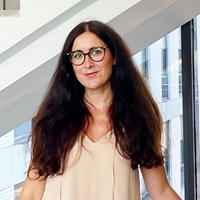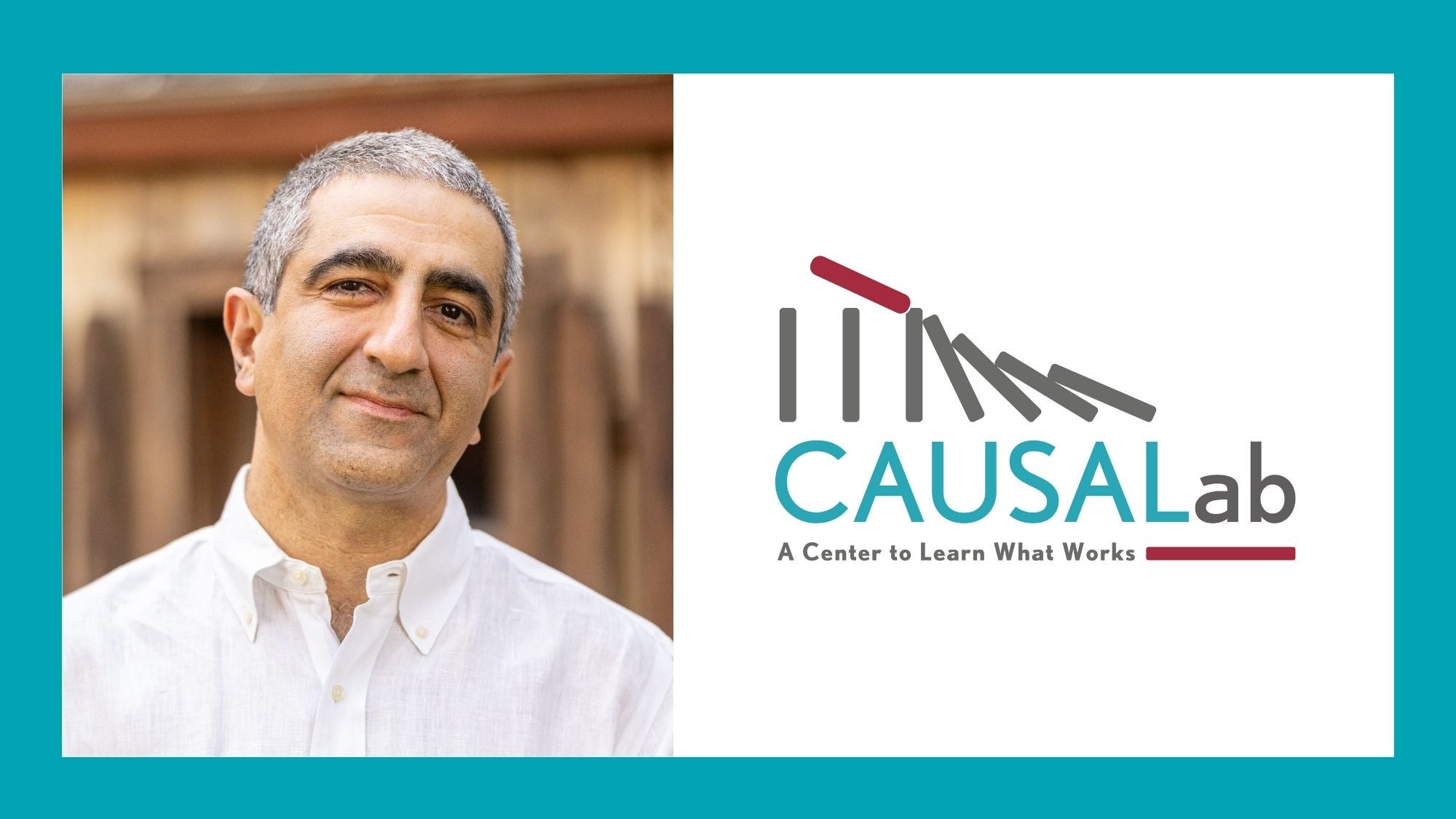Meet Our Members: Lidia Mínguez Alarcón, PhD

This month, we chat with Dr. Lidia Mínguez Alarcón, Assistant Professor of Medicine at the Brigham and Women’s Hospital and Harvard Medical School. Dr. Mínguez Alarcón’s research focuses on identifying chemical and non-chemical stressors of human fertility, reproductive and cardiometabolic health. She is also evaluating fertility measures as predictors of long-term health. As an environmental and reproductive epidemiologist, she is primarily working in the EARTH Study, a prospective cohort study of subfertile couples at the MGH fertility center in Boston. She is also an active collaborator in the Russian Children s Study, PEACE Study, Project Viva, NHS2, NHS3 and VDAART. Dr. Mínguez-Alarcón is the PI of the recently NIH funded Longitudinal Investigation of Health and Diseases after Infertility (LIHDI) Study, which will re-enroll former female EARTH participants to assess their health at midlife. She will prospectively explore chemical exposures during reproductive years in relation to long-term cardiovascular and metabolic health and whether fertility measures mediate the associations. She brings her expertise to the Science of the Total Environment (STOTEN) journal as an Associate Editor.
1. What research are you currently working on?
My research has been mostly on chemicals and non-chemical stressors in relation to reproductive health with special focus on diet-chemical interactions, paternal contribution to pregnancy outcomes and chemicals mixtures. Most recently, I have been also investigating the relationship between environmental factors and cardiovascular and metabolic health.
2. What impact(s) do you hope this work will make?
I want to help understanding whether humans who have reproductive problems because of exposure to environmental toxicants during reproductive years, also experience other health concerns later in life.
3. When you were first starting out, what inspired you to embark on this path of research? Do you have any tips for young investigators?
A family member was born with a male reproductive disorder called hypospadias, and his mom used to work as a farmer while pregnant, being exposed to pesticides and herbicides at her workplace.
4. How has our Center helped further your research? How do you engage with our Center or hope to engage with our Center moving forward?
I have got funded two pilot projects from The Harvard-NIEHS Center that have contributed to conduct part of this research at Harvard.
5. Outside of the academic space, what do you like to do for fun?
I enjoy traveling, especially going to Spain to see family members and friends. I also love playing tennis in Brookline, cooking and eating!
6. If you were a dessert, which would it be and why?
 As a dessert, I would be Turron de Almendras because it is made in Alicante, where I am from!
As a dessert, I would be Turron de Almendras because it is made in Alicante, where I am from!


